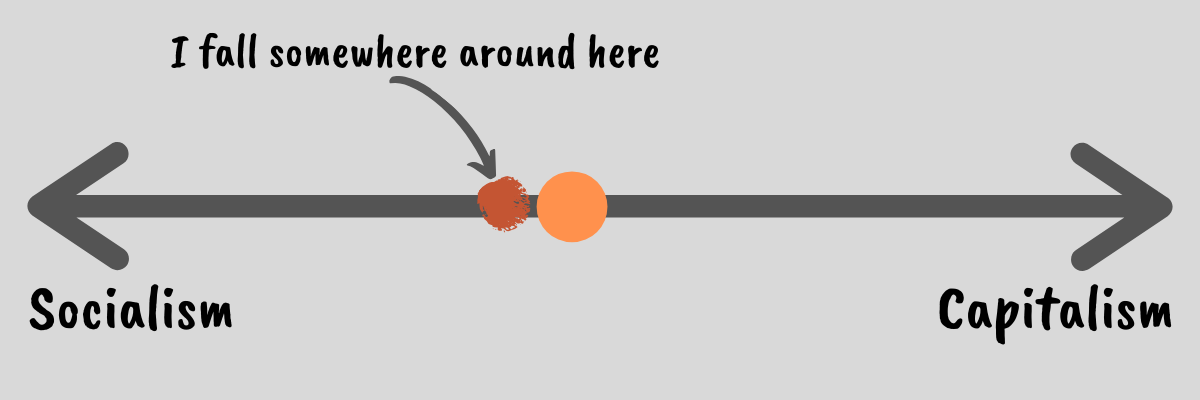I am very glad I started this challenge. I believe it imparted a greater sense of general equanimity in my life. Here are some specific insights:
- Walking meditation is heavenly – Prior to this month, I’ve only seriously done walking meditation in the context of a retreat. Like many good things, it is an acquired skill. Walking very slowly can make you feel unbalanced and incredibly self-conscious. However, as you start to accept those feelings and work with them instead of fight them, a transformation occurs. I feel it is also easier to bring this energy into regular life than with seated meditation.

- Deep breathing is a terrific default – Of course, I knew this implicitly, but having it as part of the challenge made it feel more significant and grounded. I truly am amazed at how many unskillful emotions and urges are eliminated or seriously abated by simply taking 3 super long breaths. I think 10-count breaths feel about the perfect length for this.
- Targeted, deliberate mindfulness is necessary to set a general tone – Meditating and adopting Buddhist-flavored beliefs is a great start to mindful living, but it will only take you so far. For the mindfulness to percolate throughout your routines requires deliberate focus. In short, mindfulness requires SLOWING DOWN, at least initially. For those used to a default speed of high, this will feel forced and awkward. Let it. Believe in the practice and the results will come in their own time.
- Listening without responding is hard – Maybe it is because as a teenager, I was incredibly socially awkward and fearful, I still associate being able to speak confidently as a skill, while being able to listening empathetically as a choice. However, at this point, the opposite is true. Speaking confidently I can fairly easily turn on and off at will. To really listen, however, not as a launchpad for responding, but simply to understand and validate, is difficult.
I have a feeling I will conduct modified versions of this challenge in the future, perhaps focusing on slowing down and bringing mindfulness to specific areas of life. For now, I am content to just breathe in, breathe out, and release life to unfold in its own messy and perfect way.
Namaste.







